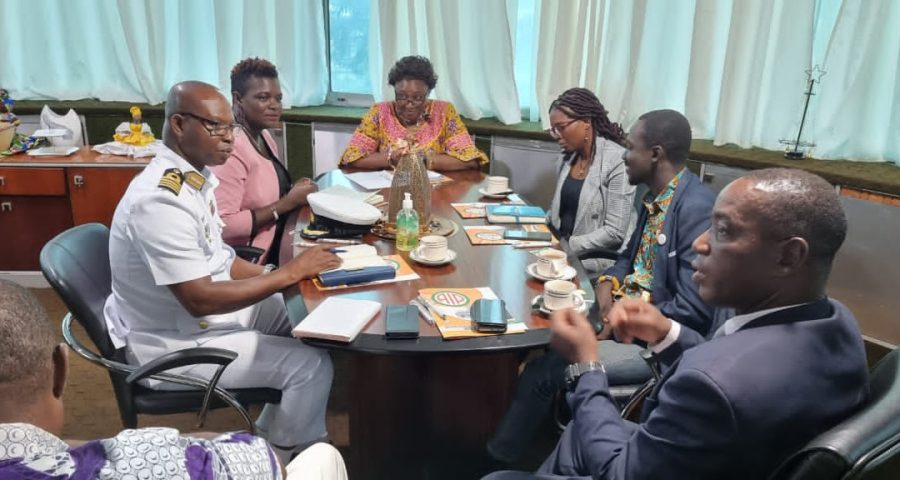The quest for maritime security in the Gulf of Guinea (GoG) continues with several initiatives by concerned national, regional and international stakeholders. At the Kofi Annan International Peacekeeping Training Centre (KAIPTC), one of these initiatives is the ongoing 5-year project on Integrated Responses to Threats to Maritime Safety and Security in the Gulf of Guinea Maritime Domain in West and Central Africa (2022-2026) funded by the Danish Government. This project continues and leverages on lessons learnt from a previous 3- year phase which ended in 2021.
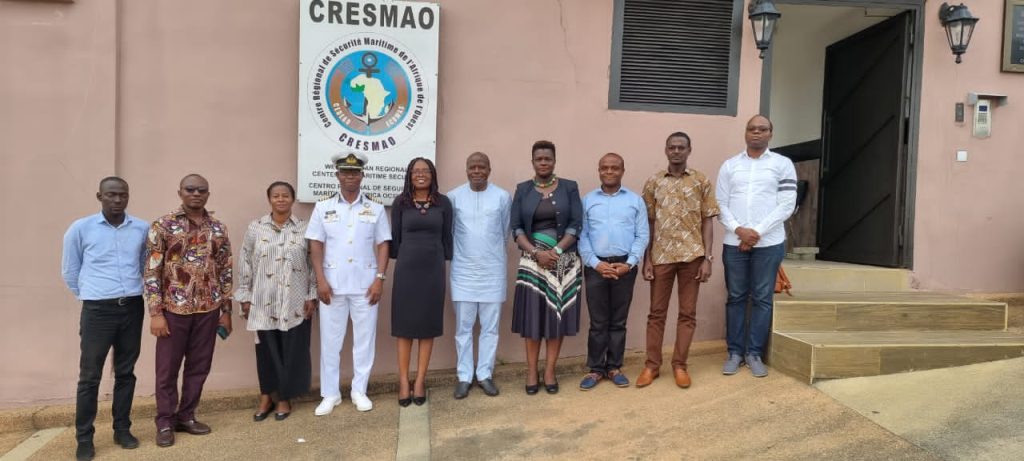
It is an open secret that the GOG maritime domain is vulnerable to illegal criminal activities at sea, including but not limited to maritime piracy and kidnap for ransom, illegal, unregulated and unreported fishing (IUU), armed robbery at sea, transnational organized crimes, marine pollution and oil bunkering. Since 2013, governments in the GoG have coalesced under what is termed as the Yaoundé security architecture processes in multilateral efforts to pool together synergies, resources and manpower at responding to the insecurity in the maritime domain. These efforts (such as the adoption of the Yaoundé Code of Conduct (YCC), the setting up of maritime security operational centres in West and Central Africa and the multinational centres classified under zones A to G), has resulted in collaborative structures that takes a bottoms up approach at maritime security and seeks to rope in all relevant actors in a harmonized approach at maritime security.
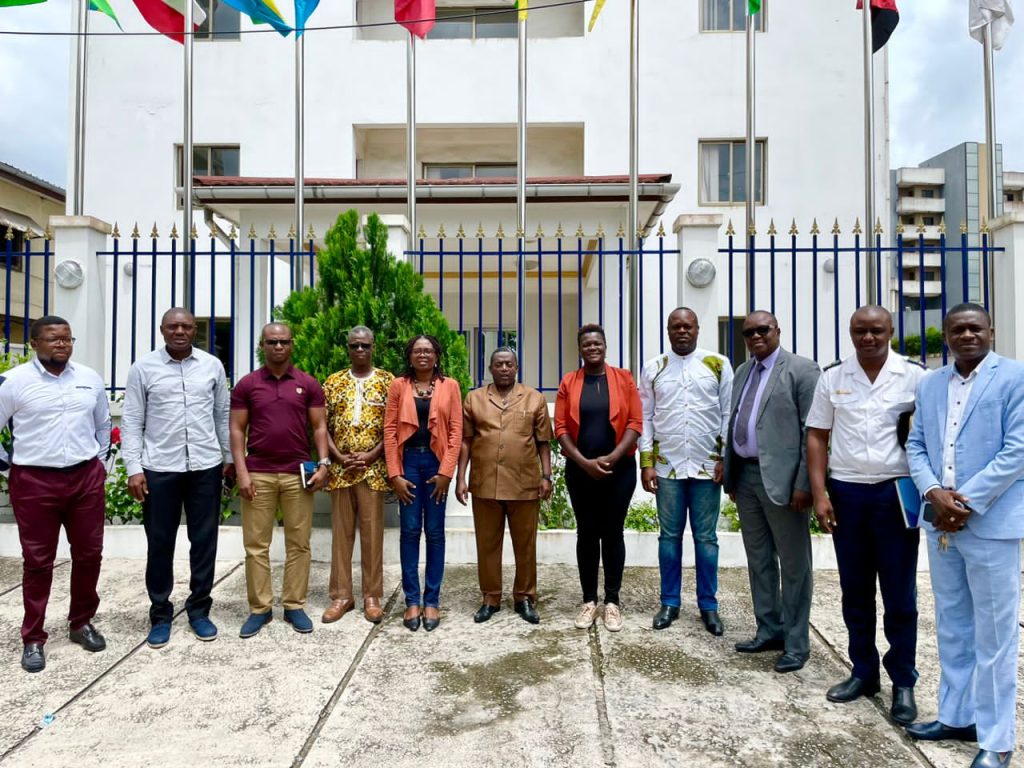
As the YCC enters its 10th year in 2023, progress and challenges towards the implementation of the architecture are critical to the success of the process. Consequently, interventions such as the maritime security project at the KAIPTC are welcome vehicles through which some of the objectives of ensuring maritime security in the GoG are realized. The project utilizes the tools of research, dialogue and capacity building to achieve its objectives. It revolves around strengthened inter-agency collaboration, media reportage on maritime security issues and women in maritime security. Concerning the latter, a maritime code for women is also envisaged to be developed and eventually taught as a module on the capacity building courses as well as in the long term domesticated in the legal texts of GoG member states.
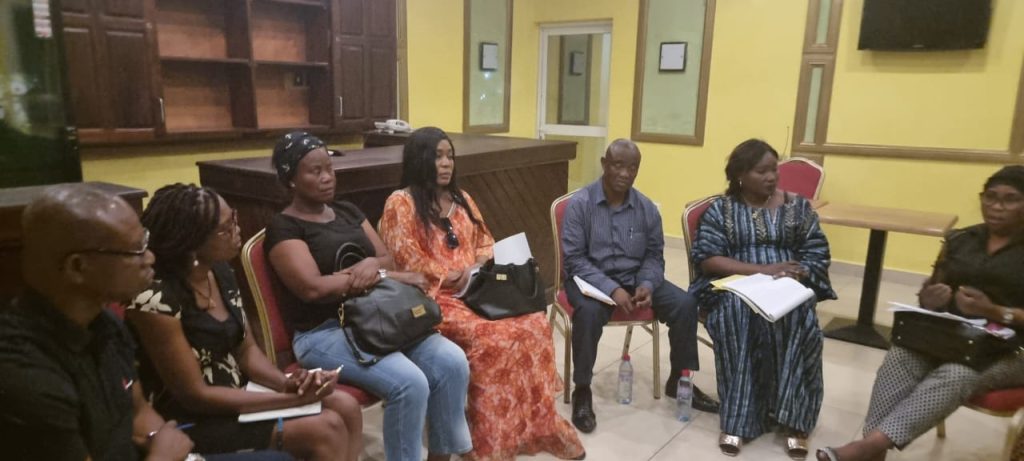
The five-year project through consultative visits to targeted countries in West and Central Africa interacted with key stakeholders on maritime security in Ghana, Cote d’Ivoire, Nigeria, Congo Brazzaville and Cameroun. Consequently, key partners such as the ECOWAS in Abuja, the Inter-Regional Coordination Centre (ICC) in Yaoundé, the Regional Maritime Coordination Centres in West and Central Africa based in Abidjan and Pointe Noire were consulted at the political and strategic levels. At the national levels, agencies such as maritime authorities, Navy, air force, marine police, ports and harbours, immigration and custom services, oil and gas agencies, fisheries, transnational organized crime control networks, women groups and media outlets were widely consulted in the targeted countries.
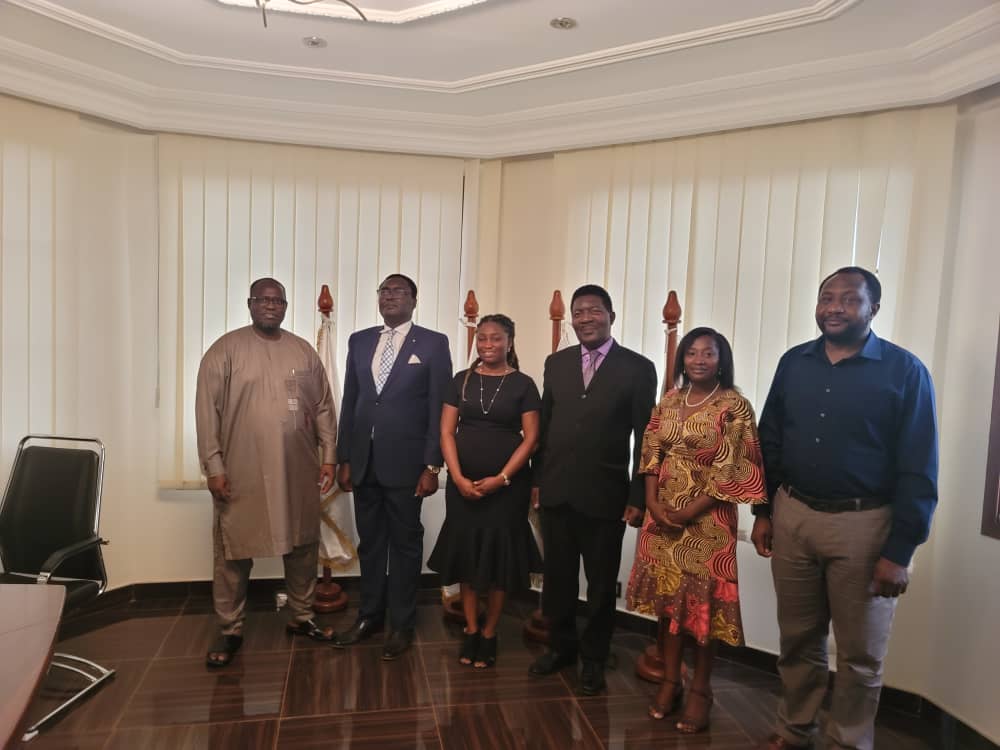
Generally, the visits revealed, that there is some level of interagency collaboration and cooperation among maritime security stakeholders in the GoG, though it was observed, that challenges of overlapping mandates, turf wars and some agencies working in silos still persists. Further, the state action at sea concept was observed to be widely embraced particularly among the francophone countries. In relation to the media, there was little to no capacity among media practitioners on maritime security issues thus affecting the nature and type of reportage on maritime issues. Women were also seen to be poorly represented in the maritime security sectors calling for more efforts at their representation across board particularly in decision-making processes. There is the presence of women groups that have been formed to speed up the integration of women in the sector.
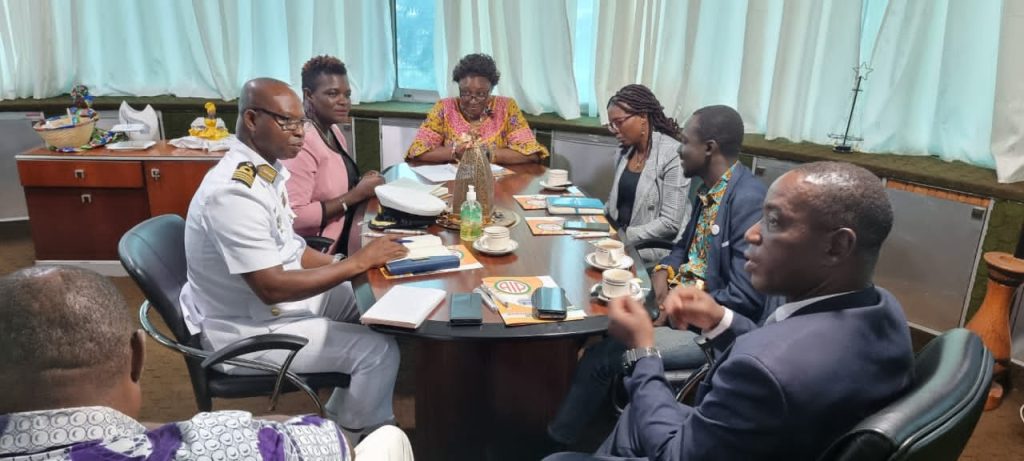
Feedback from the field highlights the need to de-conflict the mandates of maritime stakeholders by developing a framework, which clearly spells out their respective jurisdictions and responsibilities; the need to engage the decision-makers and leadership of all maritime institutions to foster inter-agency co-operation; train journalists in maritime security issues and reporting; encourage gender within the maritime space; formulate higher training for maritime security actors leading to diploma or degree certifications.
Overall, the project hopes to build the capacity of 230 personnel on developing maritime security culture in the GoG (this includes training for media and women) provide the platform for the engagement of 330 maritime actors in a dialogue series and contribute 23 empirical based publications on maritime security it the GoG. Engagements with the project stakeholders noted the enthusiasm and readiness to put their hands to the oar in ensuring good order at sea. Premised on the fact that the sea as a global common cannot be policed by any one state, such collaborative approaches to reducing maritime insecurity is beneficial to all citizens living along littoral states and to GoG countries in general.


